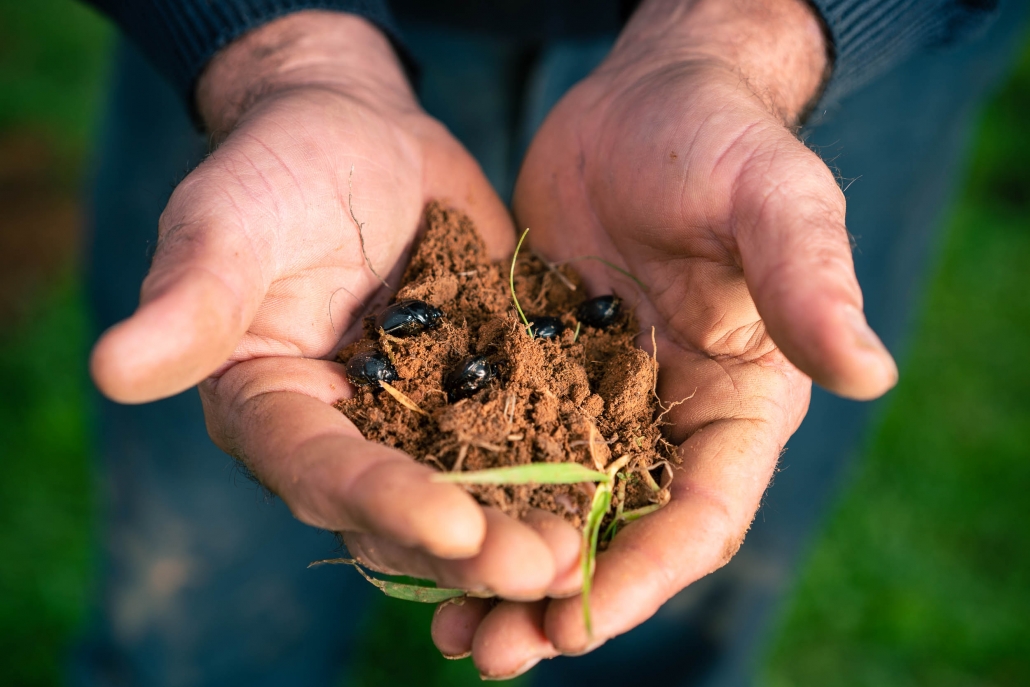Running an intensive soil extension program in 2020
Central Tablelands Local Land Services will be running an intensive soil extension program in 2020. The Diggine Deeper program aims to increase farmers’ understanding of soils and the processes driving productivity and to provide them with knowledge and tools to make decisions and implement change to address soil issues and improve soil condition.
This project is supported by Central Tablelands Local Land Services, through funding from the Australian Government’s National Landcare Program and will cover: soils and how they function; soil nutrients on-farm; how different farm practices affect soil health and fertility; soil tests – how to read them with confidence and assess your soil health in the paddock; monitoring, identifying and mapping soil types across your property; identifying soil constraints such as low organic matter, pH, soil salinity and compaction; setting benchmarks for your soils and taking effective action to address issues; and biofertilisers, fertilisers, soil amendments and the range of fertility input options.
Participating businesses will also have the opportunity to have a comprehensive soil test performed and the results interpreted, obtain professional advice, education and mentoring and get to know other local farming businesses who are interested in improving soil health.

The program will be facilitated by Agricultural Ecologist, David Hardwick, assisted by Central Tablelands LLS staff and specialists.
The Digging Deeper intensive soil extension program is open to farmers within the Central Tablelands region who are running an enterprise, from any industry, on 10 hectares or more.
Numbers for the project are strictly limited to 12 farming businesses. To be eligible to participate each interested business is required to submit an Expression of Interest (EOI) and attend six soil health sessions in 2020 at a cost of $90. Tentative dates are: 10 February, 9 March, 6 April, 11 May, and 15 June with the final dates chosen by the group in February. Each session will involve a theoretical segment and a practical segment out in the paddock.
EOIs for the program are open and will close at midnight on Friday, 13 December 2019. To submit an EOI visit: www.surveymonkey.com/r/CTLLSDiggingDeeper. EOIs will be assessed on set criteria. If a high number of applications are received, applicants may be asked further questions to assist with evaluation. Successful applicants will be notified in early January 2020.
For more information contact Liz Davis, Central Tablelands Local Land Services Regional Agriculture Landcare Facilitator on 0427 452 662 or by email: liz.davis@lls.nsw.gov.au.

